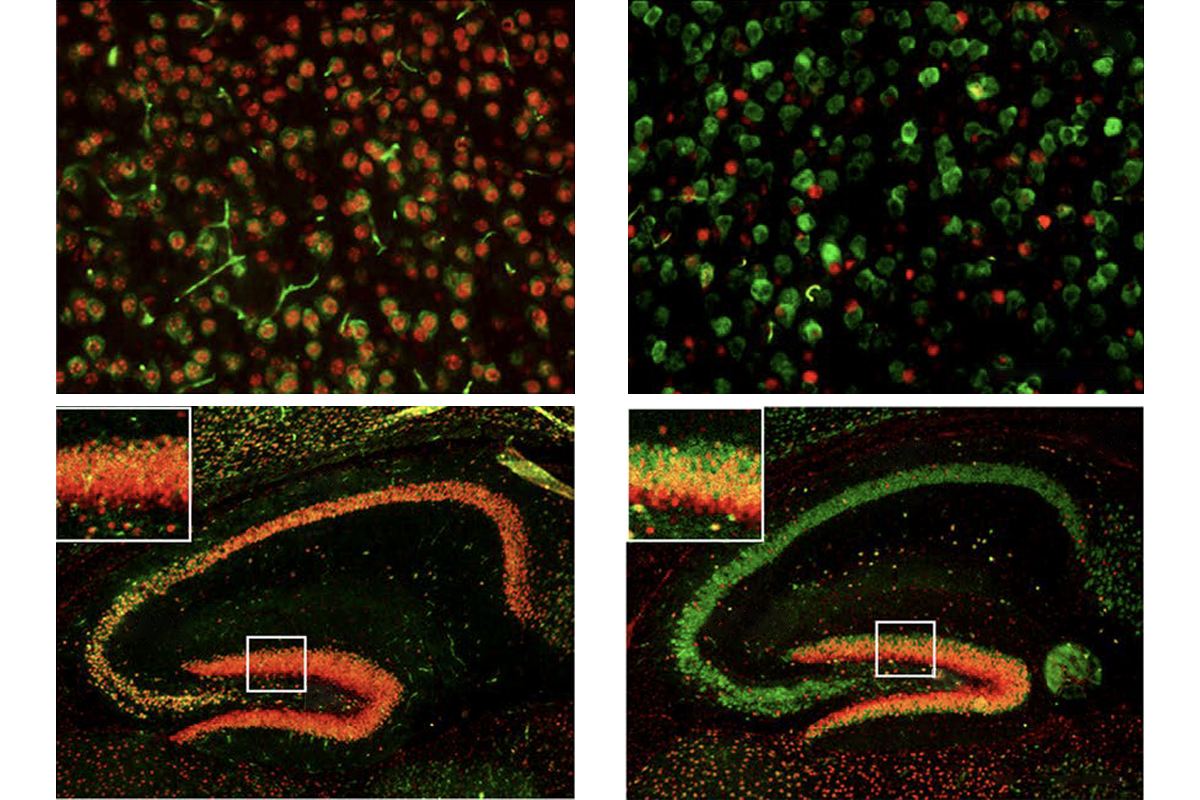- Mutations in the autism-linked gene DNMT3A can induce a range of phenotypic changes, some of which are mutation-dependent and others that appear to be shared across mutations. Cell Reports
- An analysis of polygenic risk genes found no differences between women who experience postpartum depression and women who experience depression outside of pregnancy. Translational Psychiatry
- The Japanese version of the Autism Spectrum Quotient, used to screen for autism traits, reliably distinguishes autism from social communication disorder. BMC Psychiatry
- Middle-aged and older autistic adults who carry the epsilon-4 allele of the APOE gene have poorer short-term memory and verbal learning skills than their peers without the allele. International Journal of Molecular Sciences
- The likelihood that a person has autism may link to specific facets of family history, such as the occurrence of mental health conditions, according to a preprint. medRxiv
- Many genes in the autism-linked 16p11.2 chromosomal region, including one that encodes the major vault protein, contribute to neuroanatomy. Genome Biology
- Behavioral interventions for autistic children can improve social-communication skills and caregiver perception of challenging behaviors, according to a systematic review updated with recent studies. Spectrum covered the weakness of early-intervention studies last year. BMJ
- Elevated body temperature inhibits autism-like behaviors in animal models but differs from the general suppression of activity observed with bacterial endotoxin, which triggers both inflammation and fever. Molecular Autism
- The autism-linked gene FOXP1 strengthens glutamate synapses onto dopamine-containing spiny projection neurons, according to a preprint. bioRxiv
- Silencing the gene ATRX in embryonic mice leads to reduced fear memory, hyperactivity, repetitive grooming and self-injurious behaviors in adulthood. Journal of Neurodevelopmental Disorders
Autistic adults who carry an Alzheimer’s gene; major vault protein; FOXP1 gene
Here is a roundup of autism-related news and research spotted around the web for the week of 20 November.
By
Jill Adams
21 November 2023 | 2 min read

Protein power: Prenatal silencing of the ATRX gene (right panels) leads to loss of its protein (red) in the cortex and hippocampus in young mice.
- Autism traits and anxiety can independently contribute to repetitive behaviors in children with fragile X syndrome, according to a preprint. Research Square
- The global supply of research monkeys is at an all-time low and is leading to fraudulent practices, including the illegal capture and sale of wild monkeys falsely marketed as captive-bred. Nature
Recommended reading

New organoid atlas unveils four neurodevelopmental signatures
By
Diana Kwon
17 December 2025 | 4 min read

Glutamate receptors, mRNA transcripts and SYNGAP1; and more
By
Jill Adams
16 December 2025 | 2 min read

Among brain changes studied in autism, spotlight shifts to subcortex
By
Holly Barker
11 December 2025 | 5 min read
Explore more from The Transmitter
Can neuroscientists decode memories solely from a map of synaptic connections?
By
Paul Middlebrooks
17 December 2025 | 1 min read

AI-assisted coding: 10 simple rules to maintain scientific rigor
By
Russell Poldrack
16 December 2025 | 7 min read

Frameshift: Shari Wiseman reflects on her pivot from science to publishing
By
Katie Moisse
15 December 2025 | 7 min read
Cite this article: